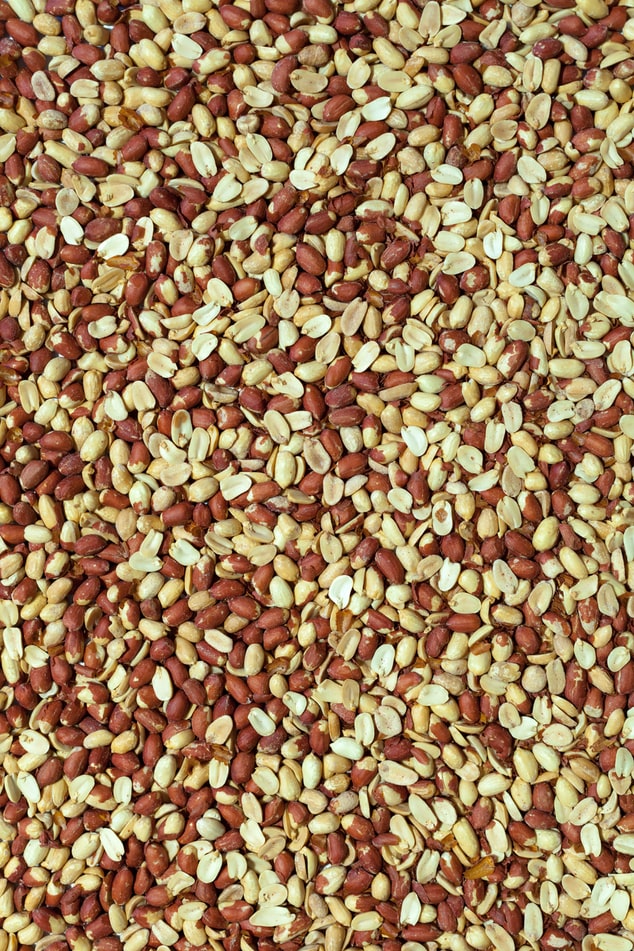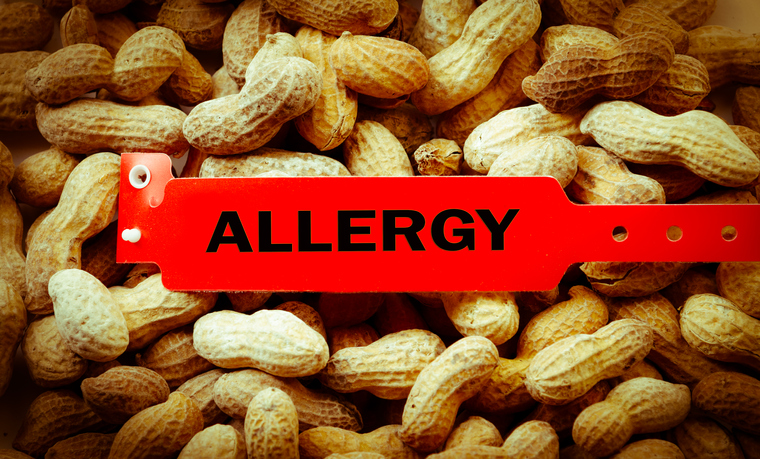Understand these little-known facts, and you’ll be better able to both treat and prevent this common food allergy.
The Following Written Content By Meghan Rabbitt Via Prevention
Originally posted October 26th 2020
Peanut allergies—already one of the most common in children these days—are on the rise. They’ve increased by 21 percent since 2010 and impact upwards of 6.1 million people around the world. Yet despite how prevalent the condition is, there are still a lot of misconceptions that many people (even doctors!) don’t talk about.

Here, Mark Holbreich, MD, a board certified allergist practicing in Indianapolis, Indiana, and a fellow of the American Academy of Allergy, Asthma and Immunology, shares five little-known facts about peanut allergies. The info will help you better protect yourself and your loved ones, whether or not you have a peanut allergy in the family. Because chances are, you know someone who’s allergic, and the more informed you are, the safer everyone is.
Fact No. 1: Many kids who develop peanut allergies had eczema as babies.
Ever wonder why some kids develop peanut allergies, and others don’t? Experts believe it has to do with exposure to peanuts through damaged skin—before solid foods are even introduced, says Dr. Holbreich. “In babies with atopic dermatitis—a.k.a. eczema—the skin is scaly and itchy,” he says. When peanut protein comes in contact with a baby’s impacted skin, it can enter the bloodstream and create a food allergy or sensitivity, says Dr. Holbreich. (In fact, most food allergies, including egg, soy, wheat, and cow’s milk, develop this way, after initial exposure via the skin.)
Peanut protein is resilient. It can spread easily throughout a home and is even resistant to standard cleaning methods, according to research published in The Journal of Allergy and Clinical Immunology—so in homes where peanuts are eaten exposure is very likely. And while that’s not necessarily a bad thing (not all babies with eczema go on to develop peanut allergies!), it may explain why peanut allergies develop in the first place.
Fact No. 2: Trace amounts of peanut exposure are unlikely to cause a severe reaction.
If you have a child with a peanut allergy, it can be tempting to steer clear of all products with any trace of peanuts, completely avoiding what experts call “precautionary labeling.” However, food labels that say things like “May contain peanuts,” “Trace amounts of peanuts,” or “Manufactured in a facility with peanuts” are probably OK, says Dr. Holbreich. Read more from Prevention.
“News Without Politics” keeps you updated on interesting and relevant news stories in the U.S and abroad without media bias.
Stay informed daily on health and wellness.





